Lion Air (JT, Jakarta Soekarno-Hatta) has grounded all three of its B737-9s after an Alaska Airlines (AS, Seattle Tacoma International) MAX 9 saw its left-hand rear mid-cabin plugged exit door separate mid-flight last week.
Indonesia's transport ministry announced the immediate grounding of PK-LRF (msn 42989), PK-LRG (msn 42991), and PK-LRI (msn 42987) following the incident, Reuters reported.
This ban was instituted despite Lion Air's three -9s having different configurations from the Alaska Airlines plane involved in the incident. Adita Irawati, a transport ministry spokesperson, said the Lion Air twinjets had "a mid-cabin emergency exit door type II", while the Alaska Airlines plane had "a mid-exit door plug."
On January 6, the US Federal Aviation Administration (FAA) ordered the temporary grounding of certain B737-9s operated by US airlines or in US airspace. Two days later, it approved a method to comply with this emergency airworthiness directive and provided it to the affected operators.
The aircraft model "will remain grounded until operators complete enhanced inspections which include both left and right cabin door exit plugs, door components, and fasteners," the FAA said. US operators are reported to have found loose bolts on several aircraft.
The ch-aviation Commercial Aviation Aircraft Data module shows a total of 218 B737-9s have been delivered to 14 customers worldwide. United Airlines has 79; Alaska Airlines has 65; Copa Airlines has 29; Aeroméxico has 19; SCAT Airlines and Turkish Airlines have five each; Icelandair has four; Lion Air and flydubai have three each; Corendon Dutch Airlines has two; Air Tanzania has one; Thai Lion Air has one; Reliance Commercial Dealers has one; and a private owner has one.
India's Directorate General of Civil Aviation ordered all local carriers to go through a comprehensive inspection of their MAX fleets, despite no company currently employing the B737-9. The ch-aviation fleets advanced module shows 41 delivered MAX units in India. Air India Express has nine B737-8s; Akasa Air operates twenty-one B737-8s and one B737-8-200; SpiceJet has nine B737-8s, and Reliance Commercial Dealers operates one B737-9(BBJ). Local media reported all MAX aircraft in India were made ready for service after all requisite checks were carried out and no issues were found.
In a similar fashion, South Korea's ministry of transport ordered an inspection of the 14 MAX aircraft currently employed by five airlines in the country. No defects were found and they were given the green light on January 9. Eastar Jet operates four B737-8s; Jeju Air has two B737-8s; Jin Air has one B737-8; Korean Air has five B737-8s; and t'way Air has two B737-8s.
The Civil Aviation Administration of China (CAAC) has recently held an emergency meeting to consider the possible grounding of all MAX series aircraft in China, following the Alaska Airlines incident. The country had only recently allowed Chinese airlines to start to fly this aircraft family again only in January 2023, three years after the original grounding of the model.
- Type
- Base
- Aircraft
- Destinations
- Routes
- Daily Flights
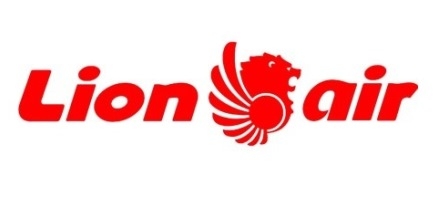
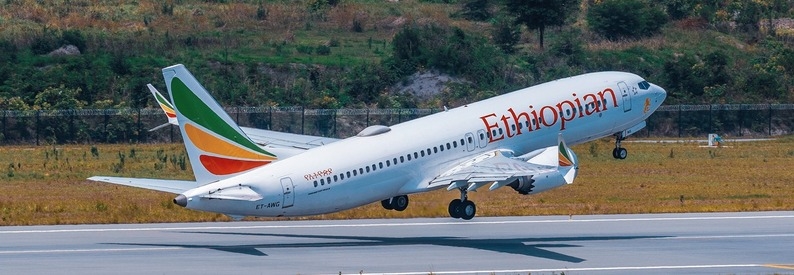
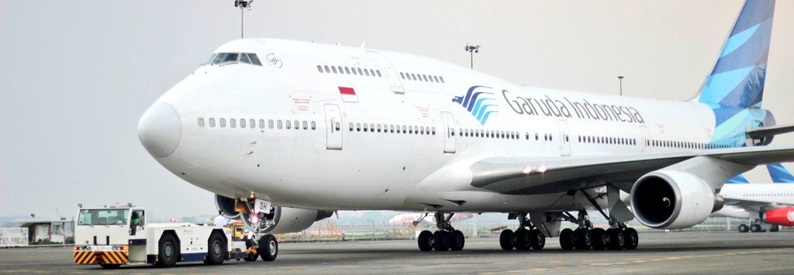
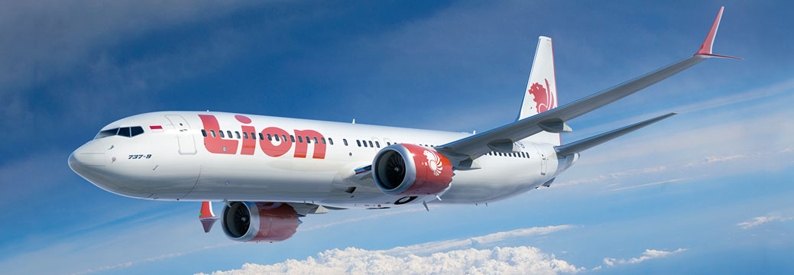
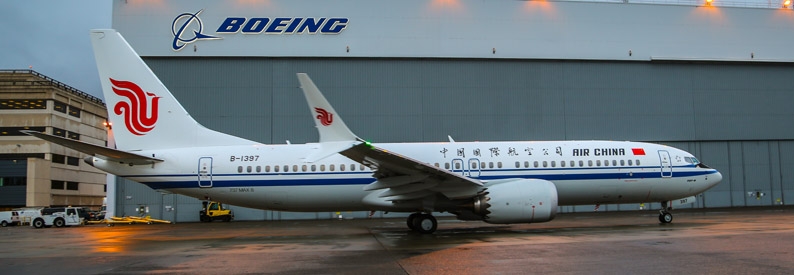
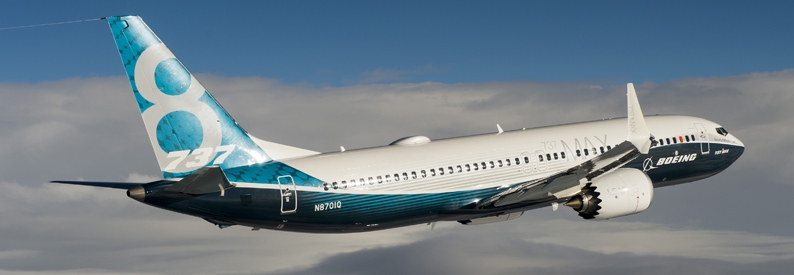
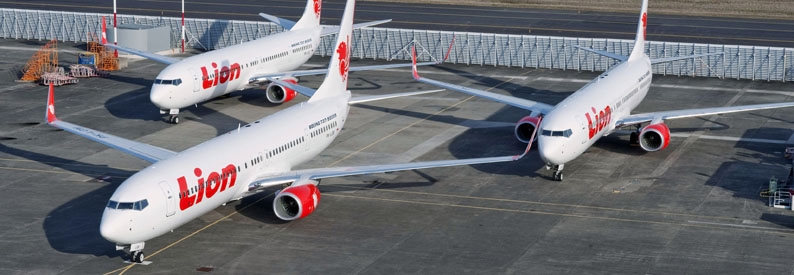

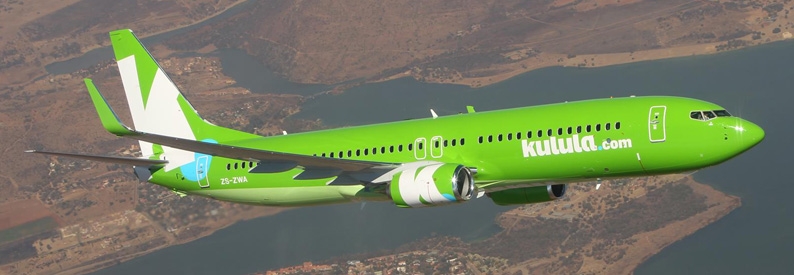
Editorial Comment: Updated with Indian and South Korean MAX reviews. Updated with the Chinese civil aviation emergency meeting about a possible grounding of all MAX series aircraft. - 10Jan2024 - 12:44 UTC